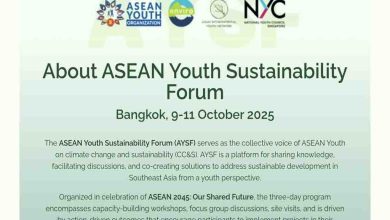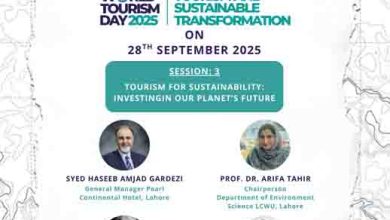Urgent Water Crisis in Karachi: KU Pipeline Burst Causes 40% Shortage in 12 Areas
The Karachi water crisis deepens as an 84-inch pipeline burst near Karachi University floods the campus and triggers a 40% water shortage across 12 major areas. Find out which areas are affected and when supply will resume.
The Karachi water crisis escalated on Tuesday, April 29, 2025, after a massive 84-inch water pipeline burst near Karachi University (KU). This vital water line, known as Siphon No. 19, is part of the main distribution network managed by the Karachi Water and Sewerage Corporation (KWSC).
The rupture not only flooded the university campus but has also triggered a city-wide water shortage affecting over 12 densely populated areas, reducing the supply by 40% for at least four days.
Karachi University Flooded by Major Pipeline Leak
The crisis unfolded in the early hours of Tuesday when a main water pipeline near KU burst, flooding academic buildings, residential blocks for faculty, and surrounding areas. Water gushed into classrooms and residential units, forcing emergency shutdowns across parts of the university.
 Alt text: Karachi water crisis – KU campus flooding after pipeline burst
Alt text: Karachi water crisis – KU campus flooding after pipeline burst
According to KWSC spokesperson Abdul Qadir Shaikh, the leak was severe enough to halt operations at the Dhabeji Pumping Station, one of the city’s primary water sources.
“The leakage developed on Tuesday morning. Our teams were immediately dispatched for emergency control. Water pressure has been reduced for safety,” — KWSC official statement.
12 Karachi Localities to Face Water Shortage
Due to the pipeline burst, 12 key neighborhoods in Karachi will face a 40% reduction in water supply. These areas include:
- Chanesar Town
- Jinnah Town
- Liaquatabad
- Nazimabad
- Pak Colony
- Golimar
- Shershah
- Old City Area
- Landhi
- Korangi
- PAF Base Masroor
- Parts of Gulshan-e-Iqbal
Karachi typically requires 1,200 million gallons per day (MGD), but is currently receiving only 650 MGD on a normal day. With the latest burst, supply has dropped to 400 MGD, affecting daily life and business continuity.
Cause and Response by KWSC
The KWSC infrastructure, which dates back several decades, is under increasing pressure due to aging pipelines and poor maintenance. This latest incident is the second major rupture in the last six months.
KWSC CEO Ahmed Ali Siddiqui has ordered round-the-clock repairs, mobilizing multiple teams to ensure work is completed within 96 hours.
To manage the situation:
- Water pressure was immediately reduced.
- Supply from Dhabeji was halted to prevent further flooding.
- On-ground teams started draining water before beginning repairs.
When Will the Water Supply Resume?
KWSC has announced that full repair work will take approximately four days (96 hours). During this period:
- Water supply will be partially suspended across affected zones.
- Tankers may be deployed in extreme cases.
- Full operations at the Dhabeji Pumping Station will resume once the pipeline is restored and tested.
KWSC has urged all citizens in the affected areas to conserve water and store as needed.
How Residents Should Prepare
KWSC has issued an official water conservation advisory:
- Store water immediately for the next 3–4 days.
- Avoid non-essential water usage such as car washing or garden watering.
- Ensure water tanks are covered to prevent contamination.
- Report illegal hydrants or hoarding via the KWSC helpline.
Long-Term Solutions for Karachi’s Water Network
The Karachi water crisis has now become a recurring issue due to outdated infrastructure. Experts are calling for:
- Complete overhaul of old pipelines, especially those older than 30 years.
- Investment in smart monitoring systems to detect leaks in real time.
- Expansion of desalination plants to reduce pressure on existing pipelines.
- Public-private partnerships to fund upgrades and improve accountability.
A recent report from the Pakistan Council of Research in Water Resources (PCRWR) indicated that Karachi is losing 30-40% of its water due to leakages and theft.
Read more from PCRWR’s official report.
Conclusion: A Wake-Up Call for Karachi
This latest Karachi water crisis is not just a localized disruption — it is a wake-up call. As the city expands rapidly, the demand for water outpaces the reliability of the existing network.
Unless proactive steps are taken, citizens may continue to suffer from regular shortages, health hazards, and economic losses. It is time for the government and civil society to prioritize water infrastructure as a critical component of Karachi’s urban future.







